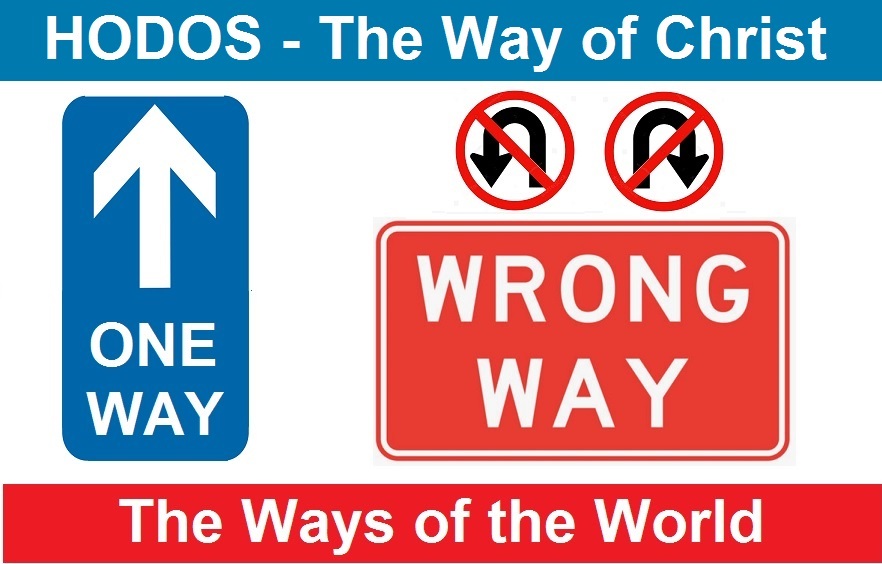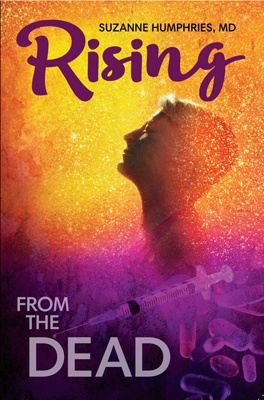![]()
by David Nikel
Life in Norway
Statistics Norway wants to receive several million daily receipts from food stores, signalling a new era in state data collection. Privacy advocates and the supermarkets themselves are unhappy.
People living in Norway are used to big government. But the latest news coming out of Oslo is a surprising new step down the road of data collection that not everyone is happy with.
Statistics Norway (SSB) is the state-owned entity responsible for collecting, producing and communicating statistics related to the economy, population and society at national, regional and local levels.
Because everything about an individual living in Norway is linked to their fødselnummer (birth number), SSB already knows where you live, what you earn and what’s on your criminal record.
However, according to a report by NRK, they now want to know where you shop, and what you buy.
Data collection from supermarket transactions
SSB has ordered Norway’s major supermarket chains NorgesGruppen, Coop, Bunnpris and Rema 1000 to share all their receipt data with the agency. Nets, the payment processor that is responsible for 80% of transactions, will also need to provide data.
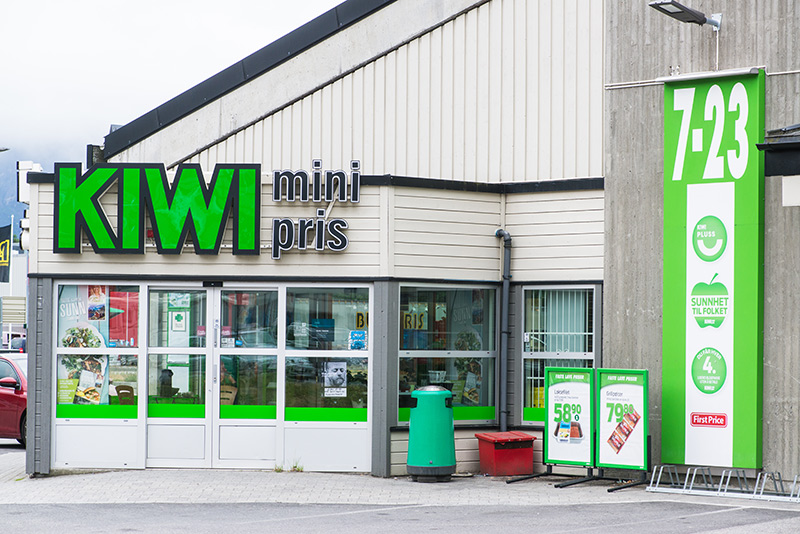
“A link between a payment transaction made with a debit card and a grocery receipt enables SSB to link a payment transaction and receipt for more than 70% of grocery purchases,” SSB said in an assessment.
Such a collection will signal a new era for SSB, as the agency now seeks to collect data from private companies and not just public registers. Given the rise in identity theft in Norway, it’s no surprise that some people have concerns with the move for increased data collection.
Why is SSB doing this?
SSB claims they want a less time-consuming way of collecting and analysing household consumption statistics in order to inform tax policy, social assistance and child allowance.
In 2012, thousands of Norwegian households wrote down what they bought in a paper booklet. SSB says the survey was time-consuming and error-prone. So back in 2013, discussions began on whether they could take advantage of digital tracks already left by customers.
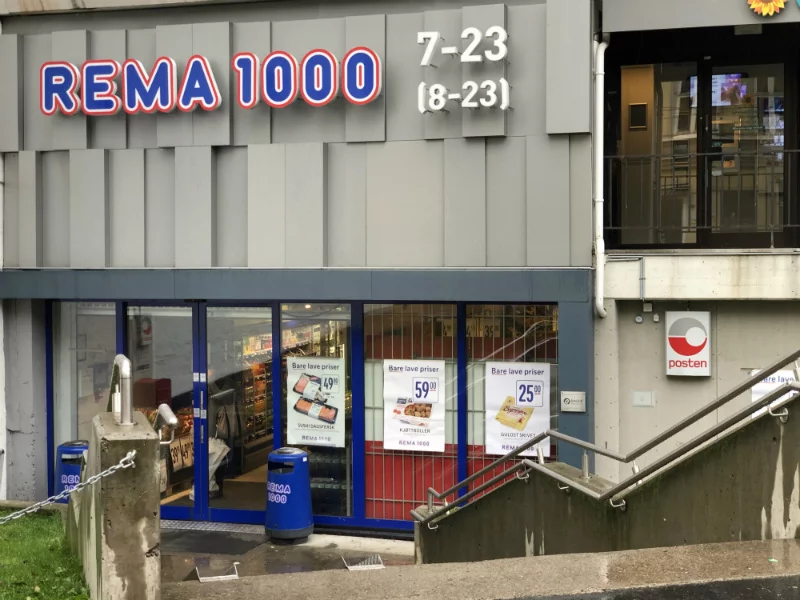
SSB is adamant that they are only concerned with statistics at a group level: “When the purchases are linked to a household, it will be possible in the consumption statistics to analyze socio-economic and regional differences in consumption, and link it to variables such as income, education and place of residence.”
More data collection than ever before
NTNU researcher Lisa Reutter is among those concerned with the trend of increased state data collection. She researches how the public sector is being digitised and is using more and more data.
“When we increase the public administration’s ability to classify, predict and control citizens’ behaviour using large amounts of digital data, the balance of power between citizen and state is shifted,” she said.
NorgesGruppen to appeal
Both privacy advocates and the retail industry themselves are unhappy with the proposal.
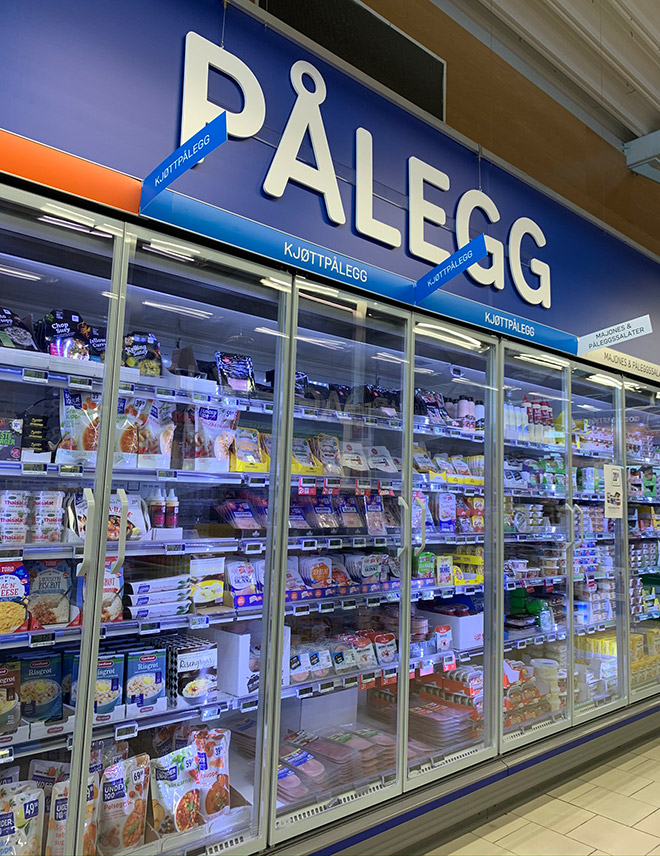
The biggest player in Norwegian grocery retail, NorgesGruppen operates the brands Many, Kiwi, Joker, Deli de Luca, Spar, Mix and others. They will appeal the decision and ask the Norwegian Data Protection Authority for guidance, according to NRK.
Coop spokesperson Harald Kristiansen said that while Coop is positive that SSB has a basis for making good statistics, the company will nevertheless consider appealing the order.
Payment processor Nets said they share concern “about the collection and compilation of data that may be problematic and intrusive for the individual citizen.”
Data collection in supermarkets is nothing new
Of course, it’s only fair to point out that many of us already hand over all our purchase data to the supermarkets themselves in the form of loyalty programs.
While we get a discount, the supermarkets get access to valuable information about individual purchasing habits and group-level purchasing patterns.
However, the big difference between these loyalty programs and the SSB proposal is that supermarket loyalty programs are optional.
Comment on this article at HealthImpactNews.com.
This article was written by Human Superior Intelligence (HSI)
See Also:
Understand the Times We are Currently Living Through
New FREE eBook! Restoring the Foundation of New Testament Faith in Jesus Christ – by Brian Shilhavy
Who are God’s “Chosen People”?
KABBALAH: The Anti-Christ Religion of Satan that Controls the World Today
Christian Teaching on Sex and Marriage vs. The Actual Biblical Teaching
Exposing the Christian Zionism Cult
The Bewitching of America with the Evil Eye and the Mark of the Beast
Jesus Christ’s Opposition to the Jewish State: Lessons for Today
Identifying the Luciferian Globalists Implementing the New World Order – Who are the “Jews”?
The Brain Myth: Your Intellect and Thoughts Originate in Your Heart, Not Your Brain
What is the Condition of Your Heart? The Superiority of the Human Heart over the Human Brain
The Seal and Mark of God is Far More Important than the “Mark of the Beast” – Are You Prepared for What’s Coming?
The Satanic Roots to Modern Medicine – The Image of the Beast?
Medicine: Idolatry in the Twenty First Century – 10-Year-Old Article More Relevant Today than the Day it was Written
Having problems receiving our emails? See:
How to Beat Internet Censorship and Create Your Own Newsfeed
We Are Now on Telegram. Video channels at Bitchute, and Odysee.
If our website is seized and shut down, find us on Telegram, as well as Bitchute and Odysee for further instructions about where to find us.
If you use the TOR Onion browser, here are the links and corresponding URLs to use in the TOR browser to find us on the Dark Web: Health Impact News, Vaccine Impact, Medical Kidnap, Created4Health, CoconutOil.com.
Leaving a lucrative career as a nephrologist (kidney doctor), Dr. Suzanne Humphries is now free to actually help cure people.
In this autobiography she explains why good doctors are constrained within the current corrupt medical system from practicing real, ethical medicine.
One of the sane voices when it comes to examining the science behind modern-day vaccines, no pro-vaccine extremist doctors have ever dared to debate her in public.
-
Book – The Vaccine Court, by Wayne Rohde – 240 pages
“The Dark Truth of America’s Vaccine Injury Compensation Program”
FREE Shipping Available!
ORDER HERE!




